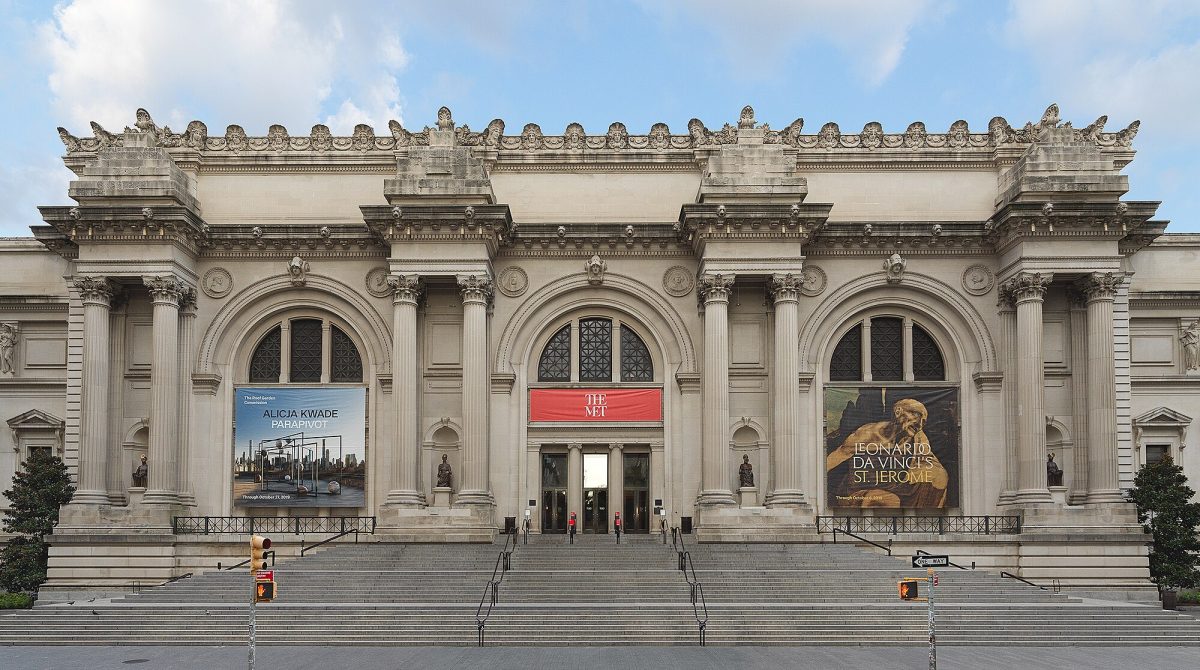Black Friday once symbolized the excitement of holiday shopping. Crowds would gather outside stores in the chilly morning air, eager to get the best deals on the year’s most popular items. It was a day filled with anticipation and chaos, but in recent years, the tradition has been declining. The rise of online shopping, economic challenges and inflation have transformed the way Americans approach holiday shopping and Black Friday. What was once an eye-catching and exciting holiday event is now simply another day for many.
Online shopping has been a major factor in Black Friday’s decline, and understandably so. Why wait in long lines or wake up at 4 a.m. when you can shop from the comfort of your home? With websites offering deals year-round, there’s no longer a need to limit shopping and good deals to one specific day. Many retailers also now spread their sales across November and December, making it easier for people to shop whenever they’d like. Consumers increasingly prefer the convenience and flexibility of online shopping over traditional in-store experiences.
Economic challenges have also played a role, with rising prices on essentials like food and gas meaning families are spending more cautiously. According to the National Retail Federation, “61% of consumers planned to spend less on non-essential items this holiday season due to inflation” (National Retail Federation, 2023). This shift has made Black Friday less appealing for many. For some families, sticking to a budget has become more important than ever, making traditional holiday shopping events feel impractical.
Cultural shifts are influencing holiday priorities as well. For years, Black Friday faced criticism for cutting into Thanksgiving, with some stores opening as early as 5 p.m on Thursday. This created some backlash, as many felt that shopping was prioritized over family time and the Thanksgiving holiday. Recently, major retailers such as Target and Walmart have decided to stay closed on Thanksgiving depending on location, allowing employees and shoppers to spend the day with their loved ones, showing a growing desire to prioritize meaningful traditions over consumerism.
Concerns about sustainability and ethics are also shaping consumer habits. Many people are reconsidering the environmental impact of over consumption. Fast fashion and items mass produced with low quality products are cheap, but often come with hidden costs such as waste and unfair labor practices. Shoppers today are more mindful, seeking products that are high quality and responsibly made. A Nielsen Global Sustainability Report (2019) found that “66% of global consumers are willing to pay more for sustainable products,” showing that more people are prioritizing sustainability in their purchasing decisions. This shift has led to greater support for sustainable brands and local businesses that prioritize ethical practices.
Still, some people cherish the thrill of Black Friday. There’s something exciting about hunting for a bargain and scoring that perfect deal. For these individuals, it’s more than just shopping, it’s a tradition. However, even fans of Black Friday admit that the day isn’t what it used to be. Smaller crowds, increasingly less great deals, and the availability of endless online sales have taken away the excitement and thrill of Black Friday shopping
Instead of mourning the decline of Black Friday, perhaps it’s time to see it as an opportunity. Shoppers can shift their focus from buying to spending quality time with family and friends. Retailers can embrace ethical practices and offer deals that would bring customer attention.
Ultimately, Black Friday’s decline reflects how online shopping, financial pressures and a focus on meaningful traditions have shaped the way we celebrate the holidays. By adapting to these changes, we can create a season that’s less stressful, more thoughtful and sustainable. After all, isn’t that what holidays should truly be about?







